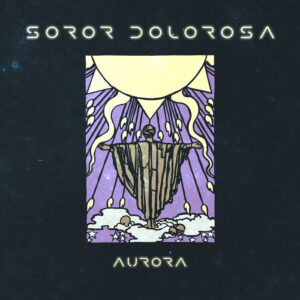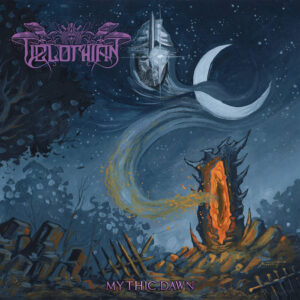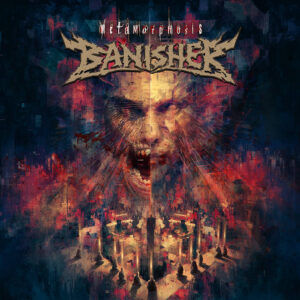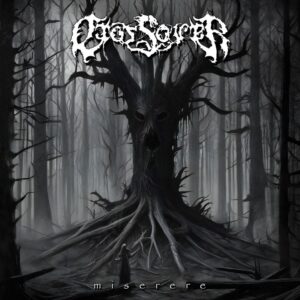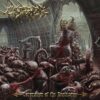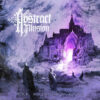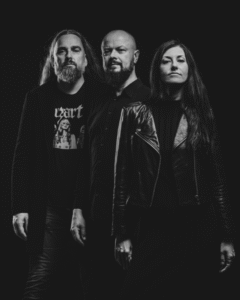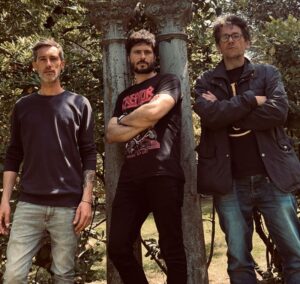DORSAL ATLÂNTICA: Unveil Details of New Album.
July 11, 2017
The brazilian band DORSAL ATLÂNTICA is mixing and masterizing its new opus CANUDOS, a political and humanist work, a cry for help. Musically, CANUDOS develops a new musical style that melds metal, hardcore, slave songs, Brazilian northeastern music and Candomblé (an Afro-Brazilian religion).
Backstage video:

The guitarist CARLOS LOPES recorded with a new guitar designed by himself and with alternative tuning. Recorded without rehearsals at Superfuzz studio in Rio de Janeiro in June, lyrically CANUDOS denounced and compares the media manipulation power of the late nineteenth century with the current moment when the main Brazilian press participated in a parliamentary coup against President-elect Dilma Rousseff who was removed from office on unproven accusations.
In 2016, the press, the judiciary, the elite, the politician and the military used the Constitution to justify the takeover of power by a defeated political group in the elections and in line with what is most conservative and anachronistic. After the Canudians were massacred by the Army, Canudos was forgotten. Its history was eternalized when the writer Euclides da Cunha launched the book Os Sertões in 1902, half decade after the end of the conflicts. Carlos Lopes had written about Euclides in the first composition of DORSAL ATLÂNTICA's CD 2012. From this book of Euclides, CARLOS LOPES extract some reflections and analyzes but focusing on the characters. Attentive to the direct supporters of Counselor and denounce the rhetoric and discourse of the oppressor who remains the same, more than a century later.
Why CANUDOS?
CANUDOS was the great brazilian subject between the years of 1896 and 1897 of the nineteenth century. A city of social excluded erected in the interior of Bahia state under the command of the religious Antonio Conselheiro. The capital's newspapers falsely boasted that Conselheiro refused to accept the new republican regime - half a decade in power - and that instilled his followers not to accept the new laws that would be against God. Through the rabid texts of the partial press, Antonio would be just an ignorant monarchist who preferred God to modernity. The Conselheiro, wise man, realized that the change of regime, the exchange of leaders, would not improve the life of the people. The Republic had been imposed by the military without the knowledge or approval of the greatest interested party: the people themselves! Antonio believed that if the thing was already bad, it would be even worse in the hand of the radicals who had even thought of shooting the deposed Emperor D. Pedro II.
Source:
More results...
